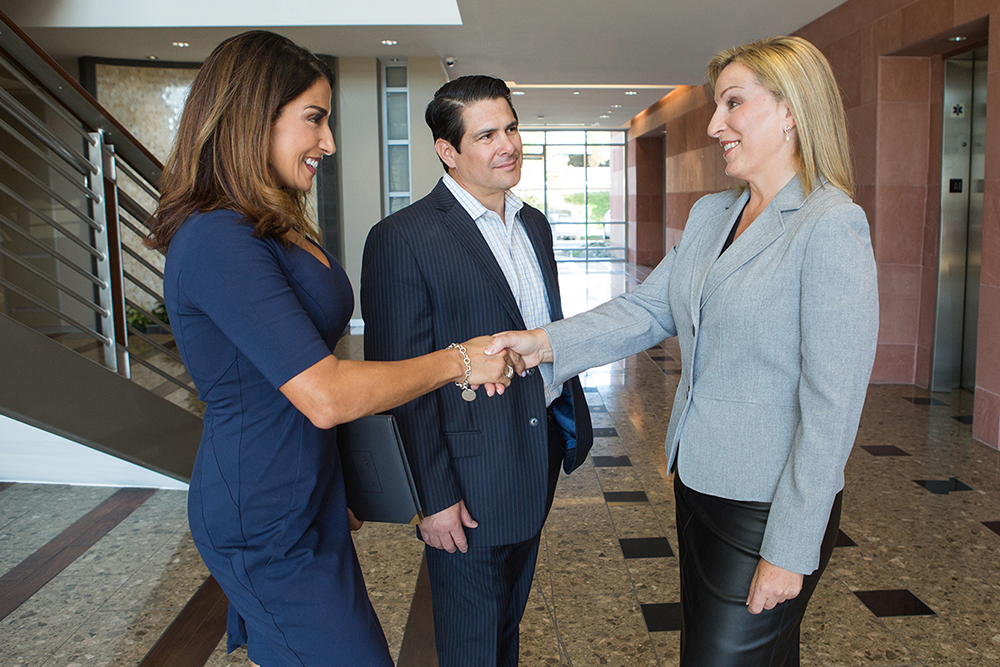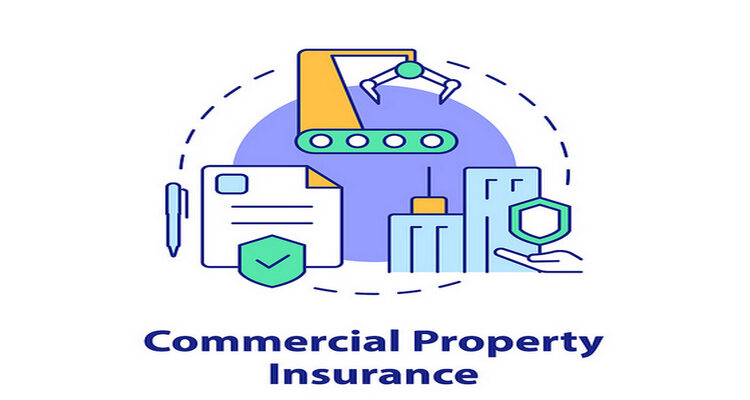You’re not alone if you’re facing a complex family legal matter and are unsure where to turn for help. The legal system can feel overwhelming, especially when dealing with sensitive personal issues. This guide aims to empower you by providing a comprehensive framework for finding the best family lawyer to meet your specific needs.
Toc
Understanding Your Legal Situation

Before beginning your search for the “best family lawyer,” it’s crucial to clearly define the legal issue you are facing. Family law encompasses a diverse range of matters, including divorce, child custody disputes, and adoption. Assess your specific concerns and desired outcomes to better navigate the complexities involved.
Identify Your Desired Outcomes
Understanding your goals will help you communicate effectively with potential lawyers. Are you looking to secure child custody, negotiate a fair divorce settlement, or navigate the adoption process? Knowing your objectives will enable you to find the “best family attorney” suited to your situation.
Research Relevant Laws and Court Procedures
Familiarizing yourself with the relevant laws and court procedures can empower you in discussions with potential lawyers. This knowledge will not only help you ask the right questions but also ensure that you are aware of your rights and options throughout the legal process. Many states have specific laws regarding child custody, property division in divorce, and adoption procedures, so it’s beneficial to have a foundational understanding of these topics.
Finding the Best Family Lawyer with Expertise and Experience

When searching for the “best family lawyer,” consider their expertise and experience in handling cases similar to yours. A lawyer with a proven track record in family law can provide you with the specialized knowledge and strategies necessary for achieving favorable outcomes.
Specialization in Family Law
Look for attorneys who specialize in family law and have experience with the specific issue you are facing. Whether it’s divorce mediation or child custody litigation, finding a lawyer who dedicates their practice to your area of need is essential. This specialization often indicates a deeper understanding of the nuances involved in your case.
For instance, a lawyer who specializes in divorce may have extensive experience negotiating settlements, while a lawyer focused on child custody might be more adept at navigating the complexities of parental rights and obligations. You want someone who is familiar with the specific challenges you may encounter.
Beyond Specialization: The Value of Diverse Experience
While specialization is valuable, it’s also crucial to consider a lawyer’s experience across various aspects of family law. For example, a divorce lawyer may have expertise in property division but lack experience in child custody negotiations. A lawyer with a broader range of experience can provide a more holistic understanding of your situation and potentially guide you toward strategies that address all your concerns.
A lawyer specializing in divorce might be well-versed in handling high-asset cases but may lack experience with cases involving domestic violence, which could significantly impact custody arrangements. Thus, evaluating a lawyer’s diverse experience can be as important as their specialization.
Evaluating Experience
Assess the lawyer’s experience by reviewing their history with cases similar to yours. Consider the complexity and outcomes of these cases, as well as their years of practice. A seasoned attorney will likely have developed a robust understanding of family law, which can be invaluable in navigating your situation.
When evaluating potential lawyers, ask about their experience in court. Some family law matters may require litigation, while others can be resolved through mediation or negotiation. Understanding how your lawyer handles different scenarios can provide insight into their approach and effectiveness.
Communication and Client-Centered Approach

Effective communication is a cornerstone of a successful attorney-client relationship. When searching for the “best lawyers for family law,” prioritize those who demonstrate clear communication and a client-centered approach.
Assessing Communication Skills
During initial consultations, pay attention to how well the lawyer explains legal concepts and listens to your concerns. A good family lawyer should be able to articulate complex legal issues in a way that is easy to understand. Their responsiveness to your inquiries is also a critical factor; you want someone who will keep you informed throughout the process.
Consider scheduling consultations with multiple lawyers to gauge their communication styles. This will help you identify who you feel most comfortable with, as effective communication can significantly impact the attorney-client relationship.
Beyond Words: Evaluating a Lawyer’s Emotional Intelligence
While clear communication is essential, consider a lawyer’s emotional intelligence as well. This involves their ability to understand and respond to your emotional state, especially during a stressful legal process. Look for a lawyer who demonstrates empathy, active listening, and patience, as these qualities can significantly impact your experience and build trust.
A lawyer who actively listens to your concerns and acknowledges your emotional needs can help you feel heard and understood, even when discussing challenging topics. Some might argue that emotional intelligence is secondary to legal expertise. However, a lawyer who lacks empathy can inadvertently exacerbate stress and undermine the attorney-client relationship, potentially impacting your case’s outcome.
Client-Centered Focus
The “best lawyer family law” will prioritize your needs and preferences in developing legal strategies. Look for lawyers who take the time to understand your unique situation and involve you in decision-making. A collaborative approach can significantly enhance your experience and ensure that your goals are aligned with the legal strategies employed.
During your consultations, pay attention to how the lawyer interacts with you. Do they ask questions to clarify your situation? Are they genuinely interested in your concerns? A lawyer who engages with you on a personal level is more likely to advocate effectively on your behalf.
Evaluating Potential Lawyers

Finding the right attorney involves utilizing various resources and tools to evaluate potential candidates effectively.
Online Legal Directories
Leverage reputable online legal directories like Avvo, FindLaw, and Martindale-Hubbell to search for family lawyers in your area. These platforms often provide detailed profiles, client reviews, and ratings that can assist you in making informed decisions. Look for lawyers with high ratings and positive feedback from clients, as this can be a good indicator of their competence and reliability.
Lawyer Referral Services
Consider reaching out to lawyer referral services, which can connect you with qualified attorneys based on your specific legal needs. These services can help you identify specialists who align with your situation, making your search for the “best family attorney” more efficient. Many local and state bar associations offer referral services that can guide you toward reputable lawyers in your area.
Professional Organizations
Seek out lawyers who are members of respected professional organizations, such as the American Bar Association or local state bar associations. Membership often indicates a commitment to ethical practices and ongoing education, enhancing the lawyer’s credibility and expertise. Being part of these organizations can also provide access to resources and training that keep lawyers informed about the latest developments in family law.
Client Feedback
Review online testimonials and client feedback on platforms like Google My Business and Yelp. This feedback can provide valuable insights into a lawyer’s performance, communication style, and overall client satisfaction. Look for patterns in both positive and negative reviews to gain a balanced perspective.
Additionally, consider asking for references from past clients. Speaking directly with someone who has worked with the lawyer can provide firsthand insight into their capabilities and approach.
Initial Consultation and Decision-Making

Once you have identified a few promising candidates, schedule initial consultations to assess their fit for your case. These consultations are crucial for determining whether the lawyer has the right expertise, communication style, and approach to effectively handle your legal matter.
Key Questions to Ask
During the consultation, prepare a list of questions that will help you evaluate the lawyer’s suitability. Consider asking:
- What is your experience in handling cases similar to mine?
- How do you typically communicate with clients, and how often can I expect updates?
- What is your fee structure, and are there any payment options available?
- What is your approach to resolving family law issues, and how do you involve the client in decision-making?
- What is your timeline and strategy for resolving my case?
These questions will help you gauge the lawyer’s experience, approach, and overall compatibility with your needs. Don’t hesitate to take notes during the consultation, as this can help you compare different lawyers later on.
Evaluating the Lawyer
As you listen to the lawyer’s responses, pay attention to their communication style, level of empathy, and overall commitment to your case. Consider whether you feel comfortable and confident working with this individual. Remember, finding the “best family lawyer” is not just about their credentials but also about establishing a personal fit and trust.
After your consultations, take some time to reflect on each lawyer’s responses and how they made you feel. Trust your instincts; the right lawyer for you will make you feel heard and valued.
Current Trends in Family Law

Increased Use of Technology
Online platforms for legal document preparation, virtual mediation, and remote court hearings are becoming more common. This trend can benefit clients by providing increased accessibility, convenience, and potentially lower costs. For instance, platforms like LegalZoom and Rocket Lawyer offer online tools for creating legal documents related to divorce, custody, and wills, making legal services more accessible to those who might not have the resources for traditional legal representation.
Focus on Collaborative Family Law
Collaborative family law, a process focused on negotiation and mediation rather than litigation, is gaining popularity. This approach aims to reduce conflict and foster cooperation, potentially leading to more amicable settlements and better outcomes for families. Collaborative lawyers often work as a team with therapists and financial experts to address the emotional and financial aspects of family law disputes, promoting a more holistic approach to resolution.
Rise of Pro Se Representation
More individuals are choosing to represent themselves in family law matters due to cost concerns. This trend can lead to increased complexity and potential for legal errors, highlighting the importance of seeking legal advice even if you choose to represent yourself. Websites like the self-help legal resource Nolo provide legal information and resources for those who wish to represent themselves, but it’s crucial to understand the limitations of self-representation and seek professional guidance when needed.
Frequently Asked Questions
Q: How can I find a lawyer who specializes in my specific family law issue?
A: Utilize online legal directories, lawyer referral services, and professional organizations to filter your search by the specific area of family law you need assistance with, such as divorce, child custody, or adoption.
Q: What should I ask during the initial consultation with a lawyer?
A: Be sure to ask about the lawyer’s experience in handling similar cases, their communication style and availability, their fee structure and payment options, their approach to resolving family law issues, and their expected timeline and strategy for your case.
Q: How can I tell if a lawyer is a good fit for me?
A: Consider factors like the lawyer’s communication style, level of empathy, and overall commitment to your case. Evaluate whether you feel comfortable and confident working with this individual, as the personal fit and trust you establish are just as important as their credentials.
Q: What if I can’t afford a lawyer?
A: Explore options like legal aid organizations, pro bono services, or low-cost legal clinics in your area. These resources may provide affordable or even free legal assistance. Many lawyers also offer payment plans or sliding scale fees based on income, so don’t hesitate to inquire about these options.
Conclusion
Finding the “best family lawyer” is a critical step in navigating complex legal matters related to your family. By understanding your specific needs, considering essential factors such as expertise and communication, and utilizing available resources, you can make an informed decision and secure the legal representation that will give you the best chance of achieving a favorable outcome. Remember that the right lawyer will not only have the skills and knowledge necessary but will also be someone you can trust to advocate for you during this challenging time. Start your search today and take the first step towards resolving your family law issue with confidence.











